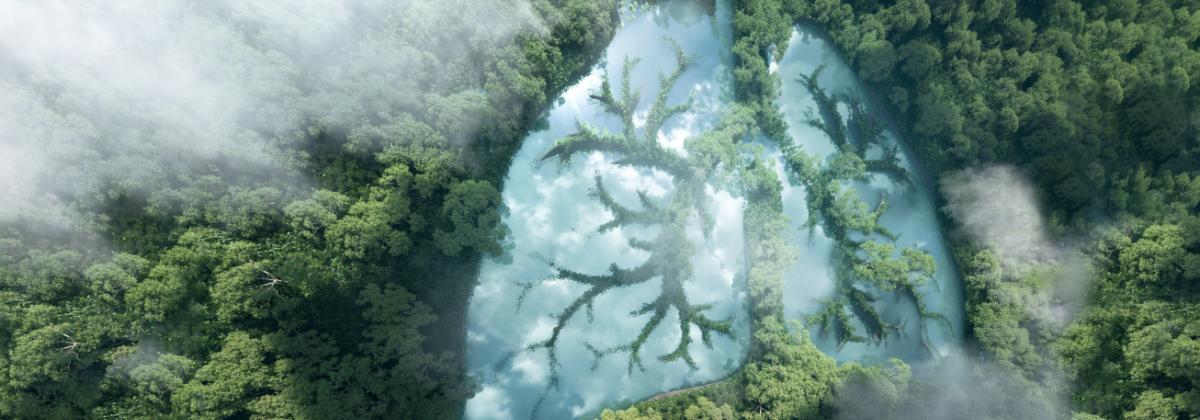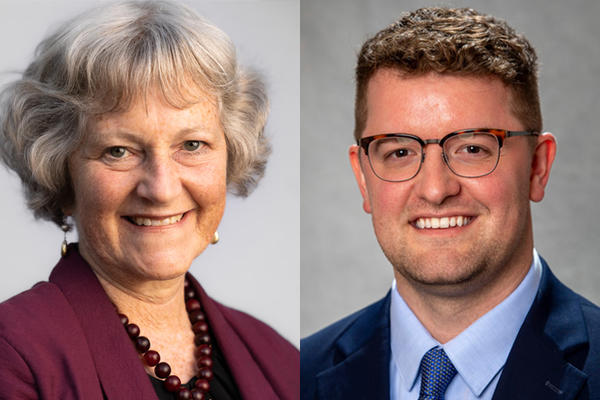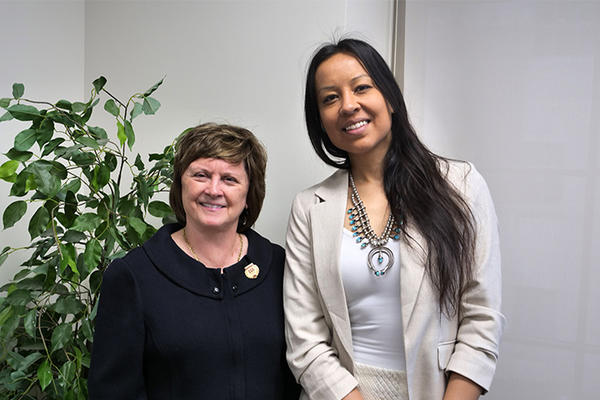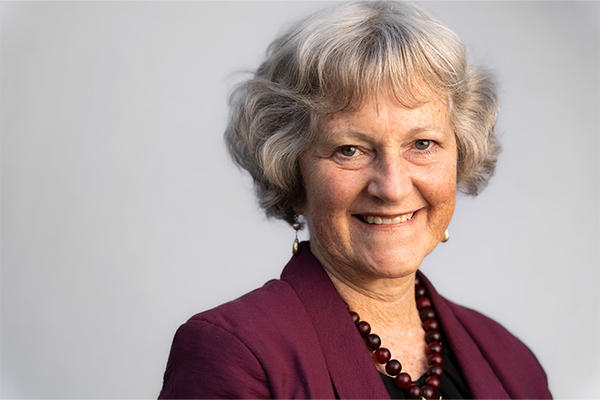
At the core of nursing is the understanding that when we create the right environment, nature not only can heal itself, but it is an essential partner in human health. Human health and the health of the planet are inseparable.
Our Pledge
As nurses, we solemnly pledge to work to protect the health of people, their communities, and the planet. We pledge to maintain the utmost respect for human life and the diversity of life on Earth, and for the natural systems which support all life. We pledge to advocate for equity and justice by actively addressing environmental, social, and structural determinants of health, envisioning a transition to a society that places the wellbeing of all persons, in balance with nature, at its heart. We pledge to address the climate and ecological crisis in our actions at home, in our communities, and in our profession, to protect the planet and all of its lifeforms for current and future generations.
What is Planetary Health?
Planetary health is an ancient way of knowing embraced by Indigenous Peoples around the world. It is also an emerging field of transdisciplinary science and global activism.
The School of Nursing's recognized work in the area of climate mitigation and adaptation, positions us as a thought leader in the field and provides opportunities for new areas of research, teaching, and service. Dr. Teddie Potter was appointed the School of Nursing’s first Director of Planetary Health in 2019.
In all areas and all activities, the School of Nursing will work to ensure that nursing is visible and recognized for our profession’s historical contributions and alignment with planetary health. Nursing’s systems thinking is essential if we are to create the necessary healing opportunities for individuals and the planet.

Planetary Health Nursing Education
Transforming nursing curriculum through application of the Planetary Health Education Framework. The vision is to prepare nurses around the world to conduct research, educate, advocate, and practice in ways that support planetary health. The Planetary Health Nursing Education model includes: the Planetary Health Concept for Nursing ©, and a Planetary Health Education Framework and Nursing Essentials Crosswalk ©. For access to the crosswalk contact tmpotter@umn.edu
News

The University of Minnesota School of Nursing received an A- on the 2024 Planetary Health Report Card.

Lyla June Johnston, PhD, delivered the 4th annual Planetary Health Lectureship Remembering our Ecological Purpose: Indigenous Food Systems and the Promise of Homo Sapiens, which detailed Indigenous food systems and advocated for a mind shift to better tend the land.

Seventy-five percent of Minnesota’s health care professionals agreed that climate change is happening, however, only 21% felt well prepared to discuss climate change, according to a recent study.
Indigenous Knowledge Recognition
The Dakota People and the Ojibwe People are the original indigenous people of Minnesota. Their knowledge, traditions, and community life ways make them the planetary health experts for this place. We recognize and honor their knowledge as a necessary requirement for a sustainable and healthy future.
School of Nursing Land and Trauma Acknowledgement
We acknowledge that the School of Nursing at the Twin Cities campus of the University of Minnesota is built within the traditional homelands of the Dakota People. We recognize the longstanding relationship between the land and the Dakota people- the traditional stewards of this land. We also acknowledge the violence of colonialism and ongoing racism toward Indigenous People. We are growing in our realization that the health care system, meant to protect and heal people, has supported structures of racism and colonization causing ongoing trauma and health inequities.
As part of the process to heal the land and the community, we reflect on these questions:
- What are our obligations to the people who first inhabited this land?
- How do we figure out what our responsibilities are to this land?
- How can we be good guests here?
- How can we individually and as a School, continue to work toward true equity and decolonization?
- How can we support existing local struggles?
- How can we work together to promote the School of Nursing’s vision to ensure optimal health and wellbeing for all people and the planet?
By living here, working here and using the resources of this place, and in this moment, we now participate in this experience.
(Adapted from Fairfield Gonzales Community Association and the University of Western Ontario.)